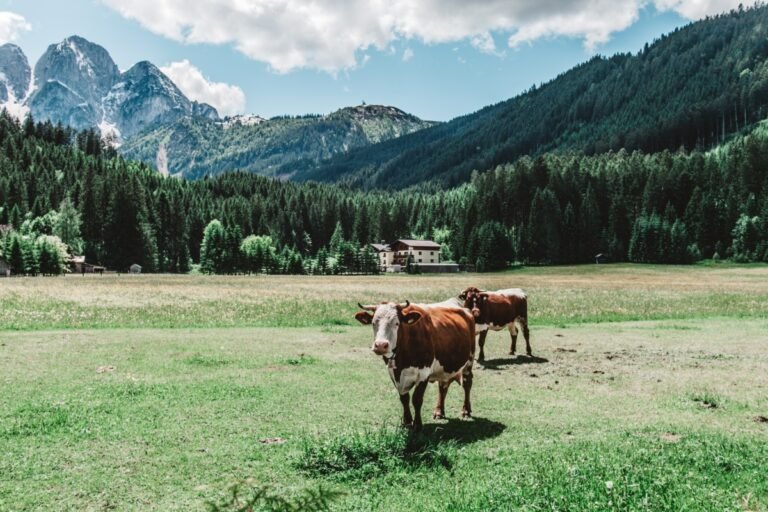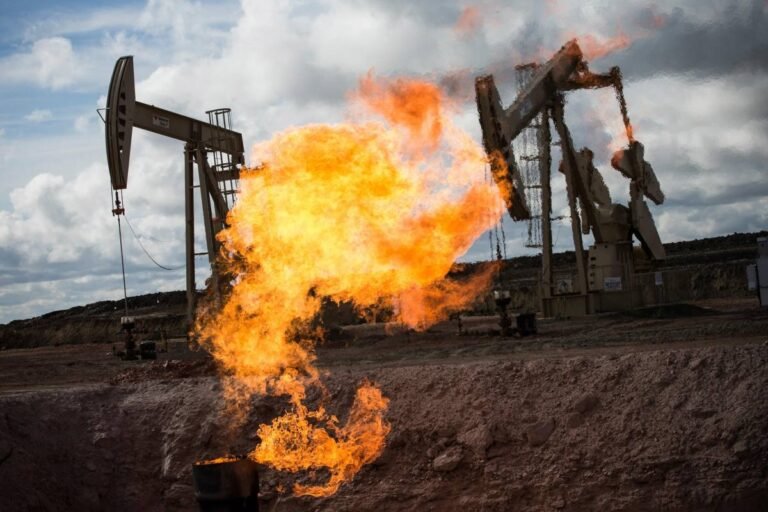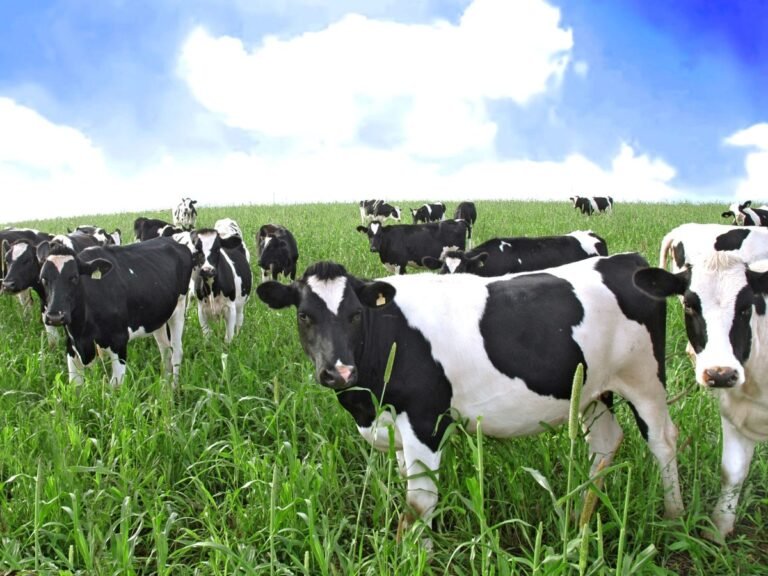
When Josh Silverman started shopping around the idea for his methane-eating microbe startup, Windfall Bio, eight years ago, the market just wasn’t ready.
Menlo Park–based Windfall Bio raised a $28 million Series A round to expand its commercialization efforts.
The round was led by Prelude Ventures with participation from Amazon’s Climate Pledge Fund, Incite Ventures and Positive Ventures, among others, as well as existing investors, including Mayfield.
Windfall works with industries that produce large levels of methane, such as agriculture, oil and gas, and landfills.
The startup supplies methane-eating microbes that absorb methane emissions, turning them into fertilizer.

Fudge’s company, Wase, is offering them an alternative: treat the water on site, and get some free energy to boot.
The UK-based startup says its system is significantly smaller and can squeeze about 30% more methane from the sludge.
“They’re in the soil in the ground, they’re in wastewater sludge, they’re in anaerobic digestion systems, but they don’t have the environment where they can really thrive.”Basically, Wase built a contraption to make these bacteria happy.
Each colony contains a diversity of species and strains, and they evolve over time as they grow accustomed to the particular sludge they’re processing.
Wase is developing a control system that will maintain wastewater flow through the system to keep the bacteria at their best.

But then there’s methane, which has driven about 30% of climate change, according to the IEA.
Leaks are one of the main sources, both from aging natural gas infrastructure and oil and gas fields.
The company has been able to observe a significant portion of estimated oil and gas methane emissions in the U.S., the IEA said in a report released Wednesday.
Huppertz and co-founder Jack Angela have developed a suite of algorithms to detect methane emissions using freely available satellite data.
“And so making sure that methane and natural gas stays within infrastructure and does not leak into the atmosphere will always be a crucial point until the last drop of natural gas is used.”

In the fight against Methane, a key GHG, Valley investors have hit upon an unusual target: Cow burpsWhat do iconic Valley investors Zachary Bogue and Chris Sacca have in common?
And one of the bigger issues at the most recent COP meeting was a pledge to reduce methane emissions, which are growing rapidly.
And a major UN report said “urgent steps” are necessary to reduce methane if global warming is to be kept within a manageable limit.
Mootral says its current Ruminant supplement can reduce methane emissions from dairy cows by up to 38 percent on commercial farms.
CH4 Global — which is backed by the aforementiioned Zachary Bogue of DCVC — employs seaweed in cow feed to reduce their methane emissions.







